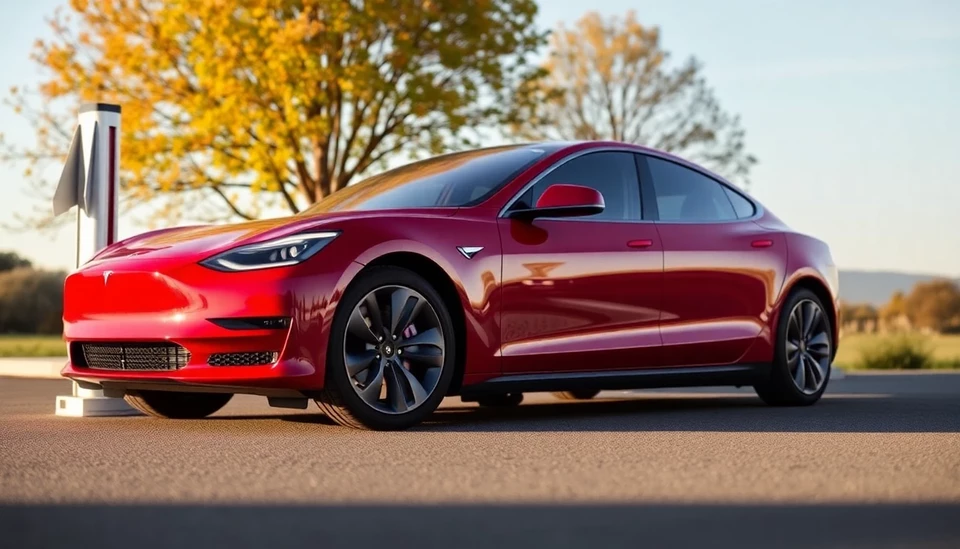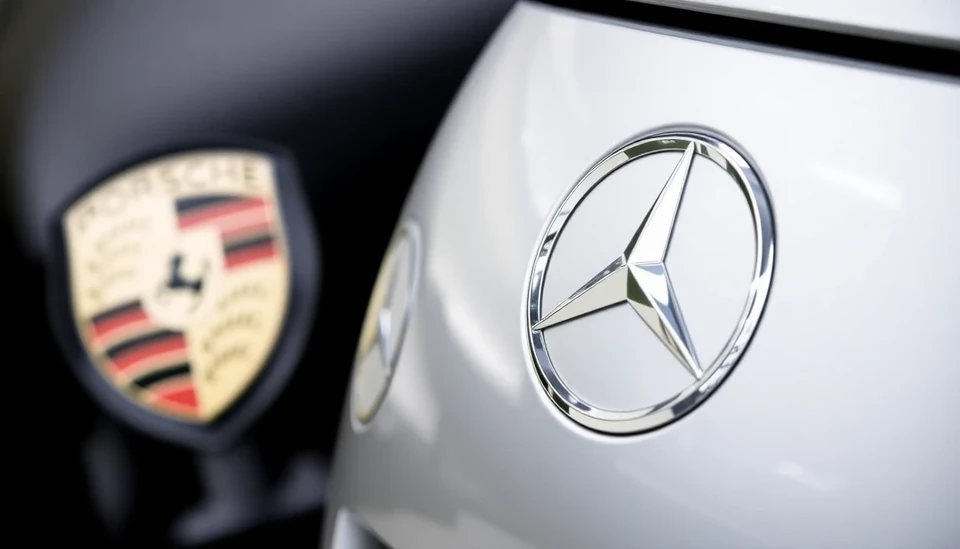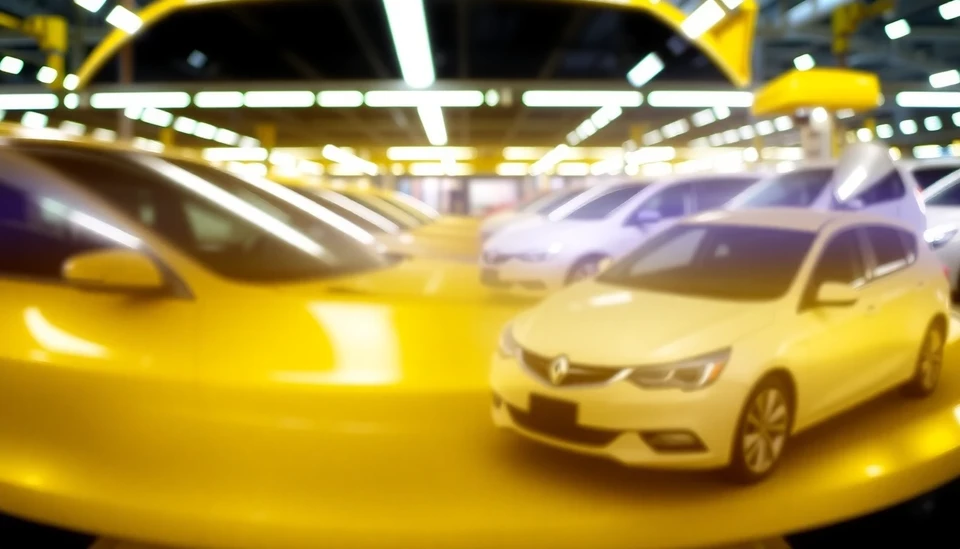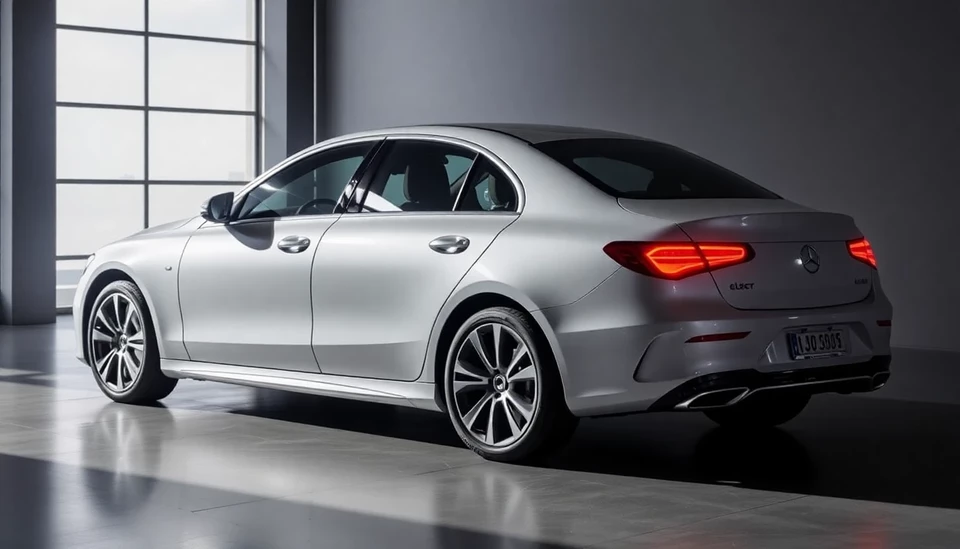
Mercedes-Benz is currently facing a significant decision regarding its presence in the U.S. entry-level automotive segment, primarily due to the stringent tariffs imposed during the Trump administration. The company is evaluating whether to pull its compact and entry-level vehicles from the U.S. market in response to the financial burdens these tariffs have inflicted on their operations.
This evaluation comes at a critical juncture as global economies are experiencing turbulence and manufacturers are forced to adapt to unpredictable market conditions. Initially, the tariffs were intended to protect domestic manufacturers, but they have inadvertently created challenges for foreign companies like Mercedes-Benz, who find themselves grappling with increased costs.
According to executives within the company, the added expenses linked to the tariffs could make it unfeasible for Mercedes to continue marketing its smaller models in the U.S. These models, like the A-Class and CLA, have historically attracted a segment of younger buyers eager for luxury offerings. However, with rising production costs, the allure of these competitive prices is dimming significantly.
The impact of these tariffs stretches beyond the immediate financial implications; they undermine Mercedes-Benz’s strategy to appeal to a diverse customer base in the United States. If the company decides to withdraw its smaller models from the market, it could potentially alienate tech-savvy, style-conscious consumers who are redefining the entry-level luxury segment.
Market analysts suggest that such a move would not only impact sales figures but could also tarnish the brand’s image in one of its largest markets. Moreover, with electric vehicle trends on the rise, a decision to exit this category could hinder Mercedes-Benz’s overall market strategy in the long term.
The companies are watching the political landscape closely, as any changes in trade policy or tariffs could sway their decision. There is hope that ongoing discussions regarding the automotive industry’s tariffs might lead to a more favorable business environment that alleviates some of the imposed financial strains.
For now, Mercedes-Benz is weighing its options and considering the best path forward in a market marked by uncertainty. The ongoing deliberations underscore a broader trend impacting high-end foreign car manufacturers, providing insight into the evolving landscape of the automotive industry in the United States.
As companies like Mercedes-Benz navigate these challenges, they are faced with the crucial task of maintaining profitability while satisfying consumer demand in a highly competitive market. The outcome of this deliberation will likely set a significant precedent for luxury vehicle manufacturers and may influence future trade negotiations.
While the final decision is yet to be announced, it certainly raises questions about the future of luxury entry-level vehicles in the U.S. market and whether brands will continue to adapt to survive amid a changing political and economic fabric.
#MercedesBenz #USMarket #LuxuryCars #Tariffs #AutomotiveIndustry #TradePolicy #TrumpTariffs
Author: Samuel Brooks




